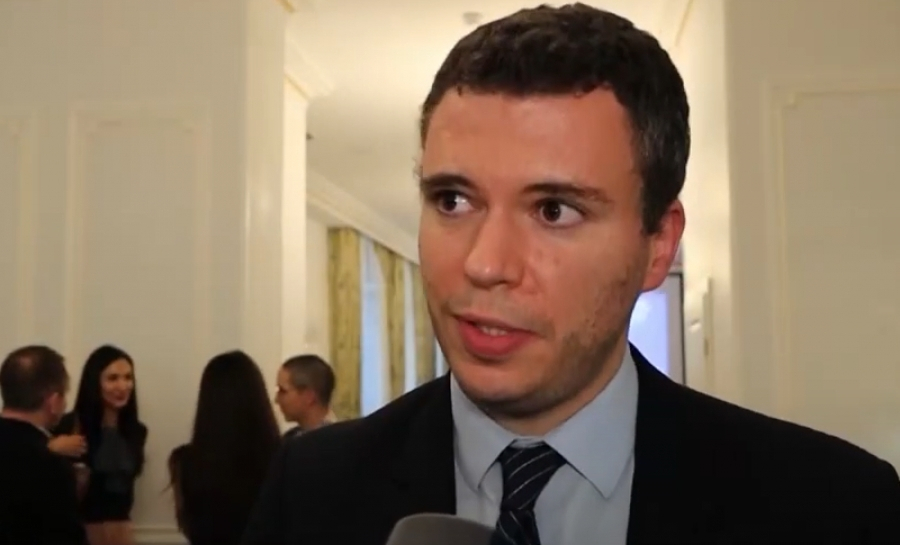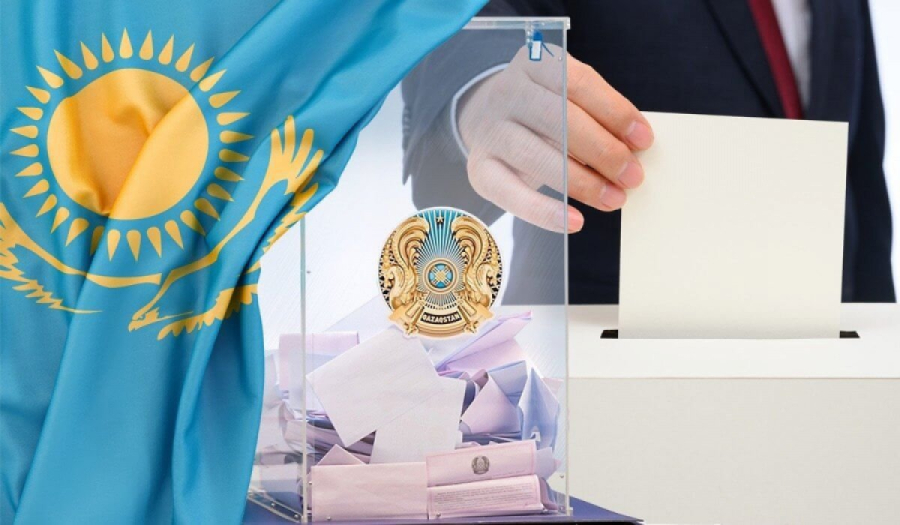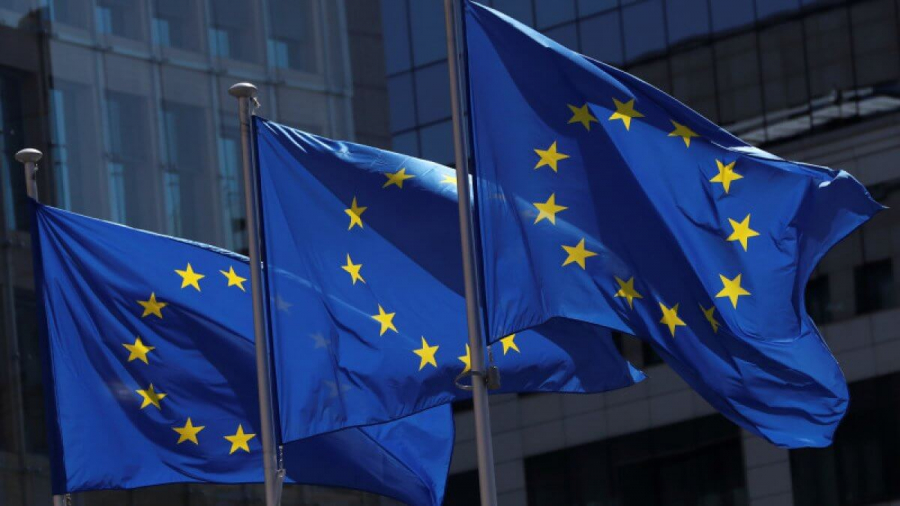
The state-of-the-nation address of President of Kazakhstan Kassym-Jomart Tokayev has not gone unnoticed by the socio-political and expert circles of France. The reforms announced by the Head of State earlier this month were recently discussed at the Kazakh embassy in Paris. According to analysts, the concept of New Kazakhstan proposed by President Tokayev has acquired special significance for Europe. For example, for investors, these reforms are a guarantee of stability, while geopolitical experts are more interested in their actual implementation. Experts unanimously commend the country’s commitment to the course of further democratic reforms. However, in their opinion, Kazakhstan has to do a lot of work to implement these ambitious plans.
“Foreign investors, including us, love stability. Not only after the state-of-the-nation address of your President, but in general, we are constantly monitoring Kazakhstan’s evolution, because we want to work in the country for a long time. We are committing ourselves to new projects, new phases of cooperation with our partners, and we encourage the French Government and its representatives to visit Kazakhstan to witness these new stages,” Paul Maria, Vice President of the international French industrial company, said.
“We have very interesting impressions, because we see that the country is on the verge of total modernization and transformation. This is a unique event for the Central Asian region. And we see that these reforms are not just words. They are implemented in practice and give results,” Jean-Baptiste Noe, Editor-in-Chief of a geopolitics magazine, said.
“The Kazakh President made an address on March 16, in which he introduced the New Kazakhstan, and on September 1, he spoke about a Just Kazakhstan and announced new reforms with a very social and very political focus. Now we just have to watch it happen. President Tokayev is very determined to improve something, to renew the political apparatus and the practice of power,” Michael Levystone, research fellow of the French Institute of International Relations, said.









